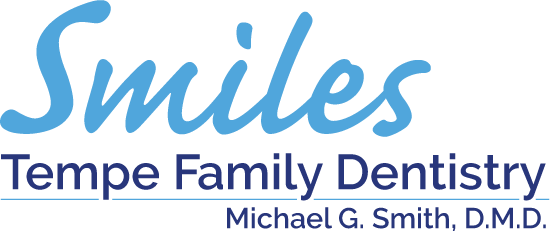Which Is Better for Your Teeth – Manual or Electric Toothbrushes?
Oral hygiene is the foundation for healthy teeth and fresh breath. Both electric and manual toothbrushes are indispensable tools when it comes to brushing your teeth. The American Dental Association has placed a Seal of Acceptance on both of these products, but when it is time to make up your mind at the supermarket which one will you go for? Read on for some insight into the pros and cons of electric and manual toothbrushes.
The benefits of Electric toothbrushes
- Perfect for people with mobility challenges
- Effective against plaque and gingivitis
- Improves focus when brushing teeth
Electric toothbrushes have automated bristles that vibrate to give your teeth a thorough cleaning action. The bristles rotate around the teeth and gums every time you move the toothbrush around your mouth.
Ideal for people with mobility issues
Arthritis, carpal tunnel and many other conditions can cause limited mobility in the hands and arms. An electric toothbrush does all the work for you once you place it in your mouth.
Works effectively against plaque
Many studies conducted on the matter reveal that electric toothbrushes do a better job at removing plaque and tartar than any other toothbrushes. In one study, individuals had an 11 per cent reduction in plaque and gingivitis after 21 days of using electric toothbrushes.
Helps to improve focus when brushing
Some studies show that people are more focused when brushing teeth with electric toothbrushes. The degree of concentration enabled by this toothbrush helps to improve the results – whiter and cleaner teeth.
Electric toothbrush cons
The major disadvantage of electric toothbrushes is the fact that they are much more costly than the manual toothbrushes. Replacement brush heads are a little cheaper but that may not always be convenient as they are sometimes difficult to find in stores. On top of that, some people don’t like the vibrating feeling in their mouth.
Manual toothbrush benefits
- Readily available in stores
- Affordable
- Good for beginners
A majority of people around the globe use manual toothbrushes. They have been around a long time and are still reliable when it comes to cleaning the teeth and keeping gingivitis at bay. You will have to brush at least twice a day to achieve the recommended level of dental hygiene.
Readily available
Manual toothbrushes are readily available stores. They don’t need batteries or plugging into electrical outlets to function. That simplicity makes them the top choice for many people.
Affordable
You will not have to pay high dollar amounts for manual toothbrushes. Even for a dollar, you can get a superior quality manual toothbrush.
For babies and young children
Children need to learn proper oral hygiene by first using a manual toothbrush. The ideal brush for them is the soft bristled one, for their milk teeth is not as strong as adult teeth.
Disadvantages of manual toothbrushes
Bleeding gums
The common problem with manual toothbrushes is that aggressive brushing leads to bleeding gums. You can never really tell if you are brushing thoroughly enough, and usually, most people end up cleaning for shorter periods than is required. Some electric toothbrushes have a timer so that you meet the cleaning time requirements for sparkling teeth.
You can safely use an electric toothbrush or a manual toothbrush depending on your needs. Electric toothbrushes excel in plaque removal, and the timer ensures that you brush your teeth long enough. Manual toothbrushes, on the other hand, are affordable and readily available in stores.
Comment (1)
Comments are closed.

Pingback: Missing Teeth May Cause Health Problems - Dr Michael Smith D.M.D. | Tempe Family Dentistry | Best Dentist in Arizona AZ